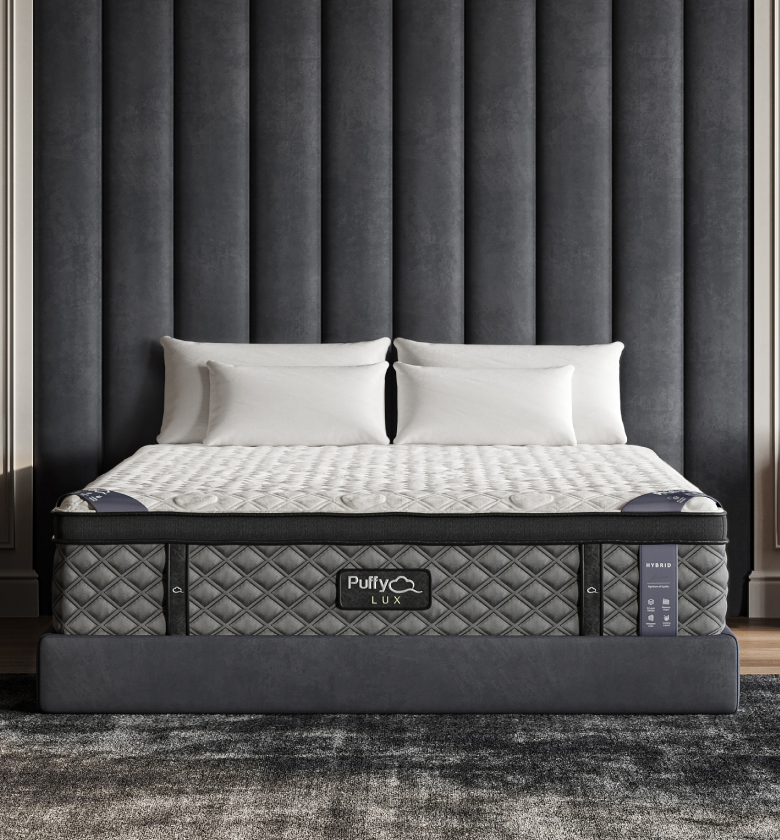Key Takeaways
- Behavioral Insights: Learn why dogs nibble on blankets and what it says about their emotional state.
- Health Implications: Discover potential health issues linked with excessive nibbling.
- Effective Solutions: Explore strategies to reduce or eliminate this behavior.
- Comfort Enhancements: Understand how creating a comfortable environment can help.
- Maintenance Tips: Tips for maintaining your dog’s blankets to discourage nibbling.
Dogs nibble on their blankets for various reasons, ranging from natural behavior to signs of anxiety or health issues. Understanding why your dog engages in this behavior is crucial for addressing it effectively and ensuring your furry friend’s happiness and well-being.
This article will delve into the reasons behind blanket nibbling, provide insights from experts, and discuss how to manage this behavior through environmental and behavioral strategies.
By closely observing when and how your dog engages in nibbling, you can gain valuable insights into their needs and emotional state, helping you to better tailor your responses and interventions.
What Does It Mean When a Dog Nibbles on a Blanket?
When a dog nibbles on a blanket, it could be engaging in a behavior known as “comfort sucking,” which is common among puppies but can persist into adulthood. This behavior is often seen in dogs that were weaned too early. The act of nibbling on soft materials mimics the comfort of nursing. Other reasons might include:
- Boredom or lack of stimulation.
- Anxiety or stress, especially if changes in the home environment occur.
- Teething in puppies, where they find the texture soothing.
This behavior can be comforting to your dog and may help them relax in stressful situations. However, if it becomes excessive, it could be a sign that your dog needs more mental or physical engagement throughout the day.
Why Does My Dog Nibble on My Blanket?
If your dog specifically chooses your blanket, it might be because it carries your scent, which can be comforting to your dog in times of stress. This behavior can also be a sign of affection, a way for your dog to feel closer to you when you are not around. Here are a few points to consider:
- Your scent can provide a sense of security and comfort.
- The behavior can be more prevalent during times of owner absence, indicating separation anxiety.
Additionally, this behavior may serve as a coping mechanism for dogs who feel insecure or anxious, offering them a tangible connection to their owner even when you’re not physically present.
Incorporating a Puffy Lux Mattress in your dog’s bedding can provide ultimate comfort and deter them from nibbling on blankets. The soft, durable fabrics are designed to withstand mild chewing and offer a satisfying alternative to blankets.
Older Dog Nibbling on Blanket
For older dogs, nibbling might indicate dental issues or discomfort, especially if they don’t engage in similar behavior with other items. It can also be a sign of cognitive decline, where older dogs revert to puppy-like behaviors as a result of memory issues or confusion. It’s important to monitor these behaviors and consult with a vet to rule out underlying health problems.
Additionally, this nibbling behavior in older dogs might help them cope with the changes in their sensory capacities or provide a soothing mechanism as they navigate the challenges of aging.
Effective Strategies to Reduce Nibbling
To address and potentially reduce blanket nibbling, consider implementing several strategies:
- Increase physical and mental stimulation with more exercise and interactive toys.
- Use deterrent sprays on blankets to discourage nibbling.
- Provide alternative chew toys that are safe and appealing to your dog.
Establishing a consistent routine that includes plenty of interactive and engaging activities can help alleviate the need for your dog to nibble on blankets. Providing a variety of appropriate chewing options can also help satisfy their natural chewing instincts in a more suitable manner.
Maintenance Tips for Dog Blankets
Maintaining your dog’s blankets properly can also help prevent nibbling:
- Regular washing removes enticing smells.
- Immediate repair of any tears to discourage further nibbling.
- Rotation of blankets to prevent attachment to any single item.
Ensuring that your dog’s sleeping area is clean, comfortable, and free from wear and tear can significantly reduce the attractiveness of blankets as nibbling objects. Regularly updating or replacing old blankets can also help keep your dog’s interest in them to a minimum.
Providing a Puffy Cloud Mattress can enhance your dog’s resting area, making blankets less appealing for nibbling. These mattresses are designed to offer comfort and security, reducing the need for your dog to seek out old habits.
Conclusion
Understanding the reasons behind your dog’s blanket nibbling behavior is the first step toward resolving it. By employing effective strategies and possibly adjusting your dog’s sleeping environment, you can help ensure that your pet remains happy, healthy, and engaged.
With consistent efforts and the right approach, it’s possible to redirect this behavior into more positive outlets, ensuring that both you and your dog enjoy a more harmonious living environment.
In addition to behavioral interventions, engaging with your dog regularly and providing them with a secure and comfortable environment can further reduce stress and anxiety, contributing to overall better health and well-being.

- 8 layers of cloudlike luxury.
- Medium-plush feel.
- Gel-infused cooling.
- 101-night sleep trial.












